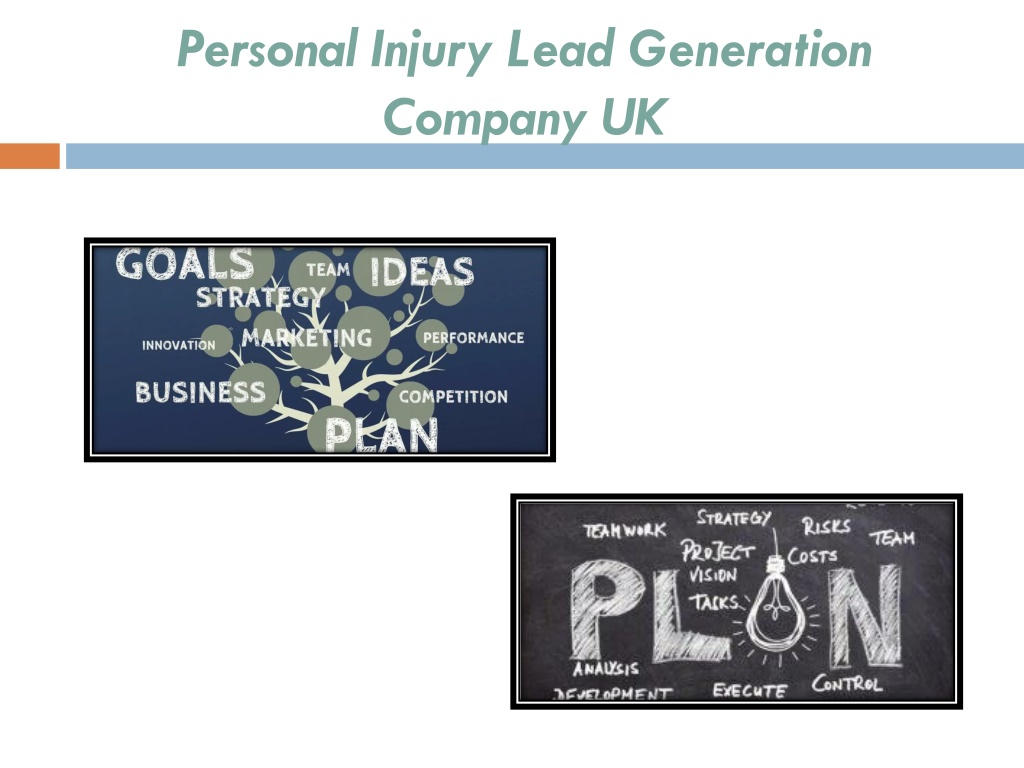lienrwm6022134
About lienrwm6022134
Courts of law in Wales are an integral part of the British justice system, yet they also reflect Wales’s growing legal identity within the devolved framework of the UK.
The Tribunals system in Wales includes devolved bodies like the Welsh Language Tribunal, Special Educational Needs Tribunal for Wales (SENTW), and Residential Property Tribunal. Here’s more regarding Arizona attorney Marketing review our own web site. These provide more accessible and specialist forums for resolving disputes in devolved areas and are tailored to Welsh law and policy.
A growing issue arises with incidents involving defendants in custody. In some situations, people have been injured during physical altercations or when court security personnel use restraint techniques. While such incidents are often necessary for safety, they can also result in unintended injuries. Cases involving excessive force or lack of proper training have led to legal scrutiny and calls for better handling procedures.
Ultimately, law court procedures in the UK are designed to ensure that justice is delivered fairly and impartially. From filing a claim to appealing a decision, the steps in the legal process are carefully structured to ensure that all parties are treated equitably and that the law is applied consistently. While the process can be complex, the goal is always to uphold the rule of law, protect individual rights, and ensure that justice is served. Whether in criminal or civil court, the procedures in the UK legal system aim to deliver fair outcomes and support the integrity of the judicial system.
Debates around the role of the Supreme Court and devolution continue, particularly as Scotland navigates questions around independence, human rights, and legislative autonomy. The Scottish Parliament also has the power to create new laws in devolved areas, which means Scottish courts may interpret and enforce statutes differently from their counterparts in England and Wales.
The Welsh Government has taken steps to influence justice policy even without full control over the system. For instance, it funds services that support victims of crime, family mediation, and youth offending teams. While it cannot currently legislate on criminal law or court structures, it plays a growing role in shaping how justice is experienced on the ground.
Youth justice in Wales has taken on a distinctive approach, with an emphasis on prevention, rehabilitation, and early intervention. The ”children first” principle underpins much of Welsh policy, and many diversionary schemes have been praised for reducing youth offending rates across Welsh communities.
Beyond the trial stage, is the enforcement of court orders. Once a judgment is made, it is up to the winning party to ensure that the judgment is enforced. In civil cases, this may involve collecting damages from the losing party or ensuring that a court order is complied with. In criminal cases, the enforcement of the sentence may involve the probation service, police, or prison system, depending on the nature of the punishment.
High courts serve as the highest level of court in the UK and deal with significant civil and criminal matters, as well as appeals from lower courts. High Court facilities are designed to accommodate high-profile and complex cases, including commercial disputes, judicial reviews, and cases involving significant sums of money. The facilities in High Courts are typically more sophisticated than those found in lower courts. They include multiple courtrooms, advanced audiovisual systems, secure holding areas, and areas for the press and public to observe proceedings. The High Court is often housed in grand historic buildings, reflecting the importance of the cases it handles.
 One of the main types of law court facilities include different tiers of the judicial system such as crown courts, county courts, and magistrates’ courts. Each type of court has specific facilities suited to the nature and complexity of the cases being heard.
One of the main types of law court facilities include different tiers of the judicial system such as crown courts, county courts, and magistrates’ courts. Each type of court has specific facilities suited to the nature and complexity of the cases being heard.
Beyond physical accidents, mental health incidents are another area of concern in UK courts. Legal environments can be stressful, particularly for victims, vulnerable witnesses, or those facing serious charges. In rare but tragic cases, individuals have suffered panic attacks or psychological breakdowns during court appearances. While not always considered ”accidents” in the traditional sense, these situations still highlight the need for emotional safety and appropriate support mechanisms within the court setting.
 Technological innovations in UK court facilities is becoming increasingly important. Many courts are now equipped with video conferencing facilities to allow remote participation in hearings. This is particularly useful for individuals who cannot attend court in person, such as witnesses in distant locations or individuals with mobility issues. During the COVID-19 pandemic, the increased use of video hearings became more prominent, and it has since remained a valuable tool for ensuring that court processes continue smoothly without requiring everyone to be physically present.
Technological innovations in UK court facilities is becoming increasingly important. Many courts are now equipped with video conferencing facilities to allow remote participation in hearings. This is particularly useful for individuals who cannot attend court in person, such as witnesses in distant locations or individuals with mobility issues. During the COVID-19 pandemic, the increased use of video hearings became more prominent, and it has since remained a valuable tool for ensuring that court processes continue smoothly without requiring everyone to be physically present.
Justice of the Peace Courts are managed by lay magistrates—non-legally trained volunteers—who deal with less serious crimes, such as public order offences. They can impose fines and short custodial sentences, but their powers are limited.
No listing found.